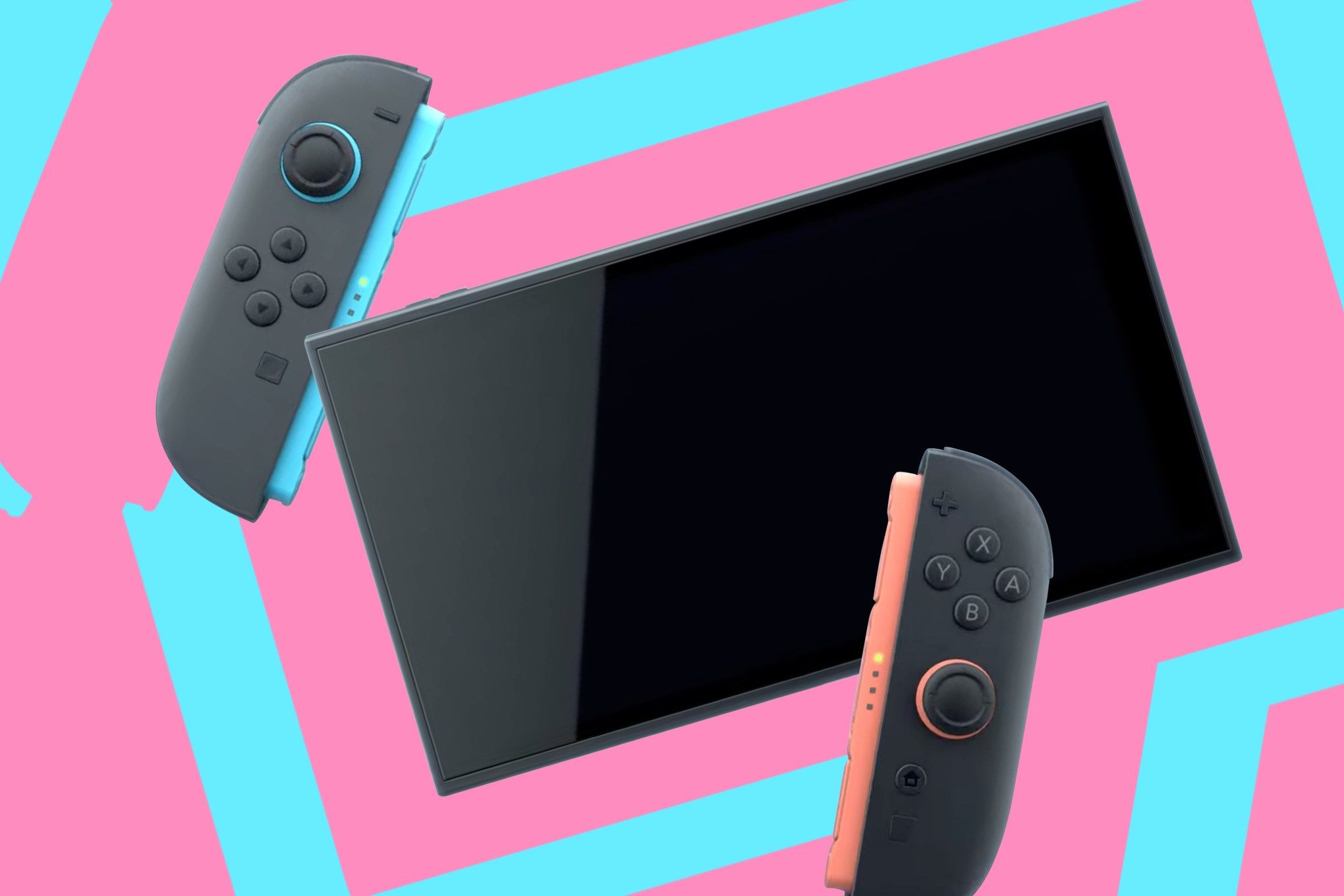The gaming console market is experiencing a dramatic shift as Nintendo's Switch 2 smashes sales records while industry-wide price increases push consumer spending to new heights. Despite PlayStation 5 and Xbox Series consoles falling double digits year-over-year, total hardware sales jumped 32% to $312 million in August, according to Circana data released today.
The gaming industry just witnessed one of the most dramatic market reversals in recent memory. While Microsoft and Sony watch their console sales tumble, Nintendo is rewriting the playbook with the Switch 2's explosive debut.
The numbers tell a striking story. Hardware sales hit $312 million in August, up 32% from last year's $236 million, according to Circana research. But here's the twist - this surge isn't happening because people are buying more consoles. It's because they're paying significantly more for them.
Nintendo's Switch 2 has become an unstoppable force, moving 2.4 million units in its first three months and claiming the title of fastest-selling console in history. The device is outpacing the PlayStation 4's legendary launch by 5%, while crushing the original Switch's performance by a staggering 77% at the same lifecycle stage.
"Yes, hardware is doing well so far this year (thanks to Nintendo Switch 2 of course) - but it's higher selling prices that are really driving the total spending growth," Circana analyst Mat Piscatella noted on social media.
The pricing reality is stark. Xbox Series S consoles that started 2025 at $299.99 now cost $399.99. The all-digital Series X jumped from $449.99 to $599.99 - a $150 increase that reflects broader tariff impacts across the industry. Sony followed suit, implementing $50 price bumps across all PlayStation 5 models.
These aren't subtle adjustments. Console prices have increased 12.3% year-over-year while unit sales grew just 6.5%, creating a mathematical reality where spending growth far outpaces actual demand. Consumer spending on game consoles has reached $2.9 billion for 2025, representing a 20% increase that's almost entirely driven by higher prices rather than volume.
The market dynamics reveal a fascinating split. Nintendo's new hardware is genuinely driving enthusiasm and sales, while established players are essentially asking customers to pay more for the same experience. PlayStation 5, Xbox Series, and even the original Switch all posted double-digit declines in unit sales.












